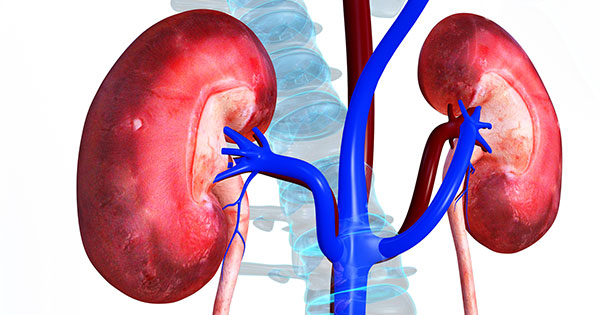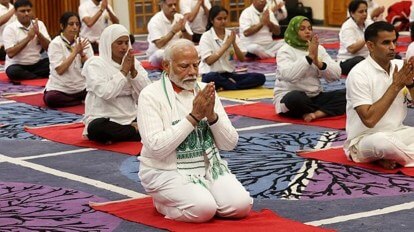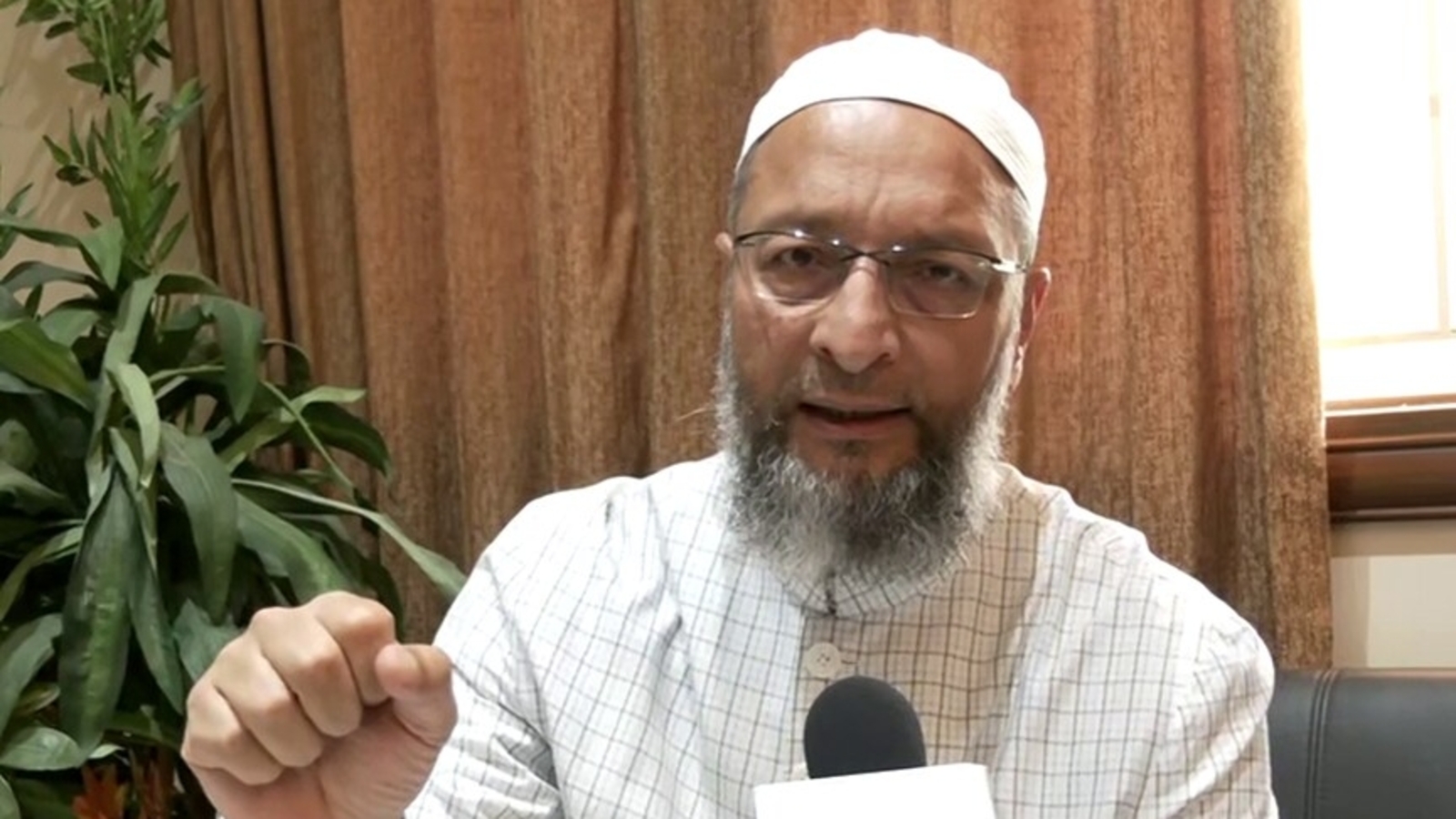50% increase in kidney failure deaths in 10 years: study
Thu 15 Dec 2016, 13:52:02

Premature deaths from kidney failure have increased by about 53% in India in the last 10 years, according to a new study.
Doctors said this trend was primarily due to untreated or poorly managed diabetes and better access to dialysis and kidney replacement surgery was urgently required.While an estimated 1,36,000 Indians died from kidney failure in 2015, there is no population-based data in India on renal failure occurrence and consequences from the states.
This led a team of public health researchers from the University of Toronto and their colleagues at the Post Graduate Institute of Medical Education and Research, Chandigarh to turn the spotlight on renal deaths as a part of their Million Death Study.
During the research, physicians analysed the underlying causes of several thousand deaths on the basis of a verbal autopsy – a detailed questionnaire – conducted by field researchers.
They found between 2001 and 2003, Tamil Nadu was the only state with an alarming number of kidney failure deaths.But 10 years down the line (2010-13) Kerala, Karnataka, Andhra Pradesh, Odisha, Jharkhand, West Bengal, Assam and Punjab are on the list. Maharashtra, Chhattisgarh and Himachal Pradesh are nearing the red zone.
The prevalence of diabetes in renal failure deaths rose from 26% in 2001–03 to 34% in 2010–13. By contrast, 16% of deaths were of patients known to
be diabetic in 2001–03, which rose to 23% in 2010–13.“Diabetes was the most important risk factor associated with death from renal failure among adults at all ages.
be diabetic in 2001–03, which rose to 23% in 2010–13.“Diabetes was the most important risk factor associated with death from renal failure among adults at all ages.
The risk associated with diabetes increased between study periods and was particularly high among the recently born adults,” said lead researcher Prabhat Jha from the University of Toronto in Canada.These findings – published in the Lancet on Wednesday – highlight a rapidly changing pattern of mortality in India, away from infectious diseases deaths in rural areas.It indicates a shift towards more deaths due to chronic non-communicable diseases.
“Kidney disease hot spots have been reported in some parts of India, especially in Andhra Pradesh, central Odisha, Puducherry and Maharashtra but these have not yet been substantiated by systematic studies. The distinction between acute and chronic kidney diseases is relevant for India because the two conditions require different public health responses,” commented Vivekanand Jha, executive director, The George Institute for Global Health, who is not associated with the study.
Data from a national survey of dialysis units showed the presence of only 3·4 dialysis machines per million Indians and most of them stay more than 50 km away from the nearest dialysis centre.Most of the Indians also cannot afford dialysis, stated a 2015 research study.
No Comments For This Post, Be first to write a Comment.
Most viewed from Health
AIMIM News
Latest Urdu News
Most Viewed
May 26, 2020
Which Cricket team will win the IPL 2025 trophy?
Latest Videos View All
Like Us
Home
About Us
Advertise With Us
All Polls
Epaper Archives
Privacy Policy
Contact Us
Download Etemaad App
© 2025 Etemaad Daily News, All Rights Reserved.








.jpg)
















.jpg)




